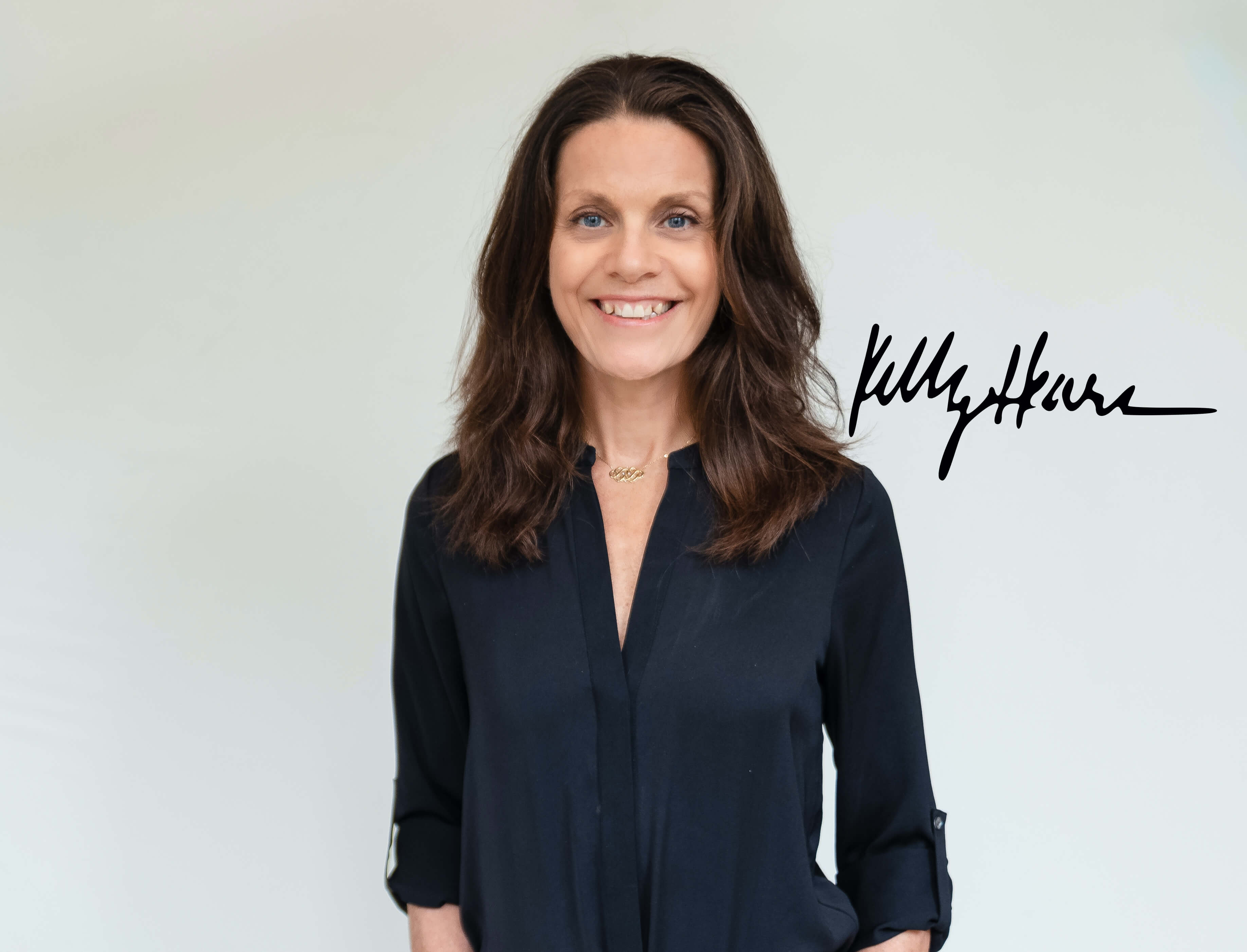Dear Therapist,
January feels me with so much dread. I'm exhausted from a frantic holiday period and now I'm supposed to have the energy to become my 'best self ever?' I want to just crawl under the covers and emerge in March.
Signed,
New Year Grinch
Dear Grinch,
I would encourage you to listen to what your body is telling you: you're exhausted and need rest. The Christmas holiday period isn't a vacation for most - the heightened expectations and ensuing pressure; the competing family demands, the travel and related chaos; the sleeping away from own beds, or, if hosting family, HOSTING FAMILY. All on top of the usual December pre-holiday frenzy. No wonder you - and so many of us - are now utterly depleted. I wouldn't be the first to suggest the timing of Resolution Season is entirely misguided, coming as it does on the heels of all that activity as well as coinciding with the coldest, darkest, shortest days. That any amped-up jump-start to activity is completely out of sync with the hibernation seen elsewhere in nature.
I encourage all of us to update our approach to the New Year. Let's look at the root of the word resolution - from the Latin resolvere meaning to loosen, relax, set free. Can we set ourselves free from the idea of 'New Year, New You,' a myth totally at odds with reality NB: an estimated 80% of New Year's resolutions fail, many in the first two weeks of the year .
I am inevitably rebuffed when I suggest to clients a loosening of what feels like a 'critical parent' approach our culture takes to the resolution rigamarole. I am met with a pervasive fear that if we 'go easy' on ourselves we'll descend into sloth and lethargy. Sofas and ice cream are mentioned with surprising frequency. But the research points to the opposite. Dr Kristen Neff's work shows that those who take a harsh, critical approach towards themselves are much more likely to stay stuck, and to be anxious and depressed as they live from a place of fearing failure. By contrast, Dr Neff's work shows self-compassionate, nurturing people are more likely to stick to and achieve their intentions. These people don't go easy or soft on themselves. Rather they set high but attainable standards.
'Self-compassion allows us to acknowledge areas of personal weakness by recognising that imperfection is part of the shared human experience. We can then work on improving ourselves, not because we're unacceptable as we are, but because we want to thrive and be happy,' according to Dr Neff, echoing an oft-quoted but rarely lived offering from Carl Rogers: 'The curious paradox is that when I accept myself just as I am, then I can change.'
In giving up our impossible expectations, we become a lovingly connected self. We renounce ideal visions in pursuit of authentic ones. When we are able to do this for ourselves, we are able to extend it to others. We no longer wait for the perfect friendship, relationship, children, work, colleagues. We honour the sweet imperfections of humanity.
So as you consider how you approach the New Year, Grinch, I encourage this reframe. I invite you to turn your journal musings away from aspirations towards appreciations of what is already good and great about yourself and in your life. And to acknowledging and accepting even those bits you don't find so lovable or desirable. They are you, too. This is deceptively difficult to do, perhaps because a 'never enough' cultural ethos is so ingrained, leading to what can feel like a punishing, never-ending self-improvement project. Can we recognise that these beliefs and drivers are working against us recall that resolution failure rate and risk other ways of being?
Your body is telling you to get out of the resolution rat race already. If you follow this counter-cultural approach, you will likely find that desired changes evolve in their own time. Trusting the inherent human urge to grow and develop given potentialities leads to a much healthier-and more enjoyable - version of striving. We don't have to change, we get to. Lucky us!
Yours,

Do you have a question for Dear Therapist? Send it to [email protected] with Dear Therapist in the subject line and Charlotte Fox Weber or Kelly Hearn will get back to you.

